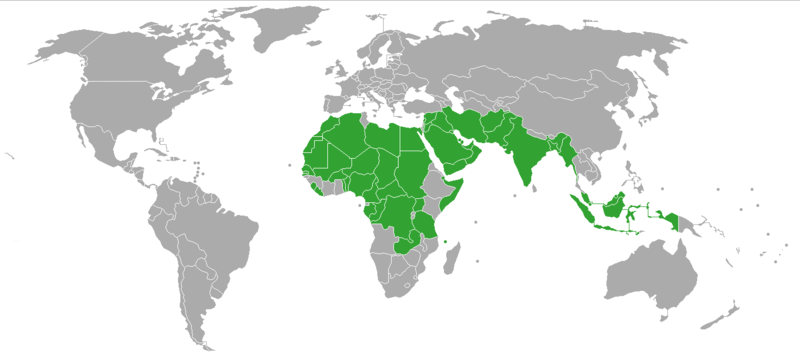A Sex Wiz Explains Why Polyamory Is More Popular Than Ever

By:
Polyamory is on the rise among young people — if you haven't noticed — all you have to do is swipe left or right.
A University of Michigan psychologist Terri Conley estimates that 5 percent of Americans are in non-monogamous relationships.
Yet despite it's growing prevalence, many people remain confused about what it means to be in a polyamorous relationship. For starters, polyamory is often confused with polygamy, which describes the practice of being married to more than one person. Polyamory, though, is simply about loving or dating more than one person at a time.
"Polyamory is the non-possessive, honest, responsible and ethical philosophy and practice of loving multiple people simultaneously," according to the Polyamory Society.
Polyamorous relationships also differ from "open" relationships, in which both people in the relationship are allowed to be sexually intimate with people outside the relationship. According to experts, that's not what polyamory is about, either.
"The word 'polyamory,' by definition, means loving more than one," Angi Becker Stevens, who blogs about her experiences in a polyamorous family, wrote in 2013. "Many of us have deeply committed relationships with more than one partner, with no hierarchy among them and no core 'couple' at the heart of it all."
Beyond the confusion, there's a lingering social stigma against polyamory. A Gallup poll from May 2015 found that only 16 percent of Americans think polygamy is acceptable.
As it stands, polyamorous people are barred from getting married in the U.S., and the rest of the Western world. (A map below shows where polygamous unions are allowed.)
 Wikimedia/Wikitiki666 - wikipedia.org
Wikimedia/Wikitiki666 - wikipedia.org
We spoke with Juliann E. Allison, an associate professor of gender and sexuality studies at University of California Riverside, about shifting social attitudes toward polyamory.
ATTN: Do you think there's a lot of stigma around polyamory in America?
I don't know about stigma in the sense of losing access to work, social communities, etc.; however, polyamory remains something that older and more conservative people can't quite understand. That said, research suggests that familiarity breeds acceptance. I believe the research actually uses the word "stigma" and indicates that it is lower among those who know [people] in polyamorous relationships.
Do you think there is hope that polyamorous couples will be able to marry one day?
Not in the short term. It remains politically untenable. That said, Americans' right to the "dignity of marriage" and the history of marriage as a means of record-keeping (who's responsible for the children and appropriate tax burden) suggests there is a rational basis for legalizing polyamorous marriage.
What's the biggest misconception about polyamory?
That it's all about the sex, though I wouldn't rule that element out in practice.
Do you think there is a psychological capacity to be truly in love with more than one person?
I don't know. Developing and maintaining committed relationships is hard work. I suppose that under the right conditions, some people probably are capable of sustaining multiple, loving relationships. I wouldn't expect most people to be able to do so.
What do you attribute to what appears to be a rise in polyamorous relationships?
My quick answer, based more on polyamorous friends than research, is that people feel more free to explore relationship options, less constrained by social expectations. They are also mostly well educated, white, and relatively poor... so they are less tied to family, and relatively confident about the future. Though, right now it helps to have more adults contributing to household expenses. Research suggests that young people know more about the communication and relationship skills needed to navigate polyamory, so it's possible this new family form is a good thing, [because it] demonstrates human growth and makes participants better off emotionally and psychologically.
